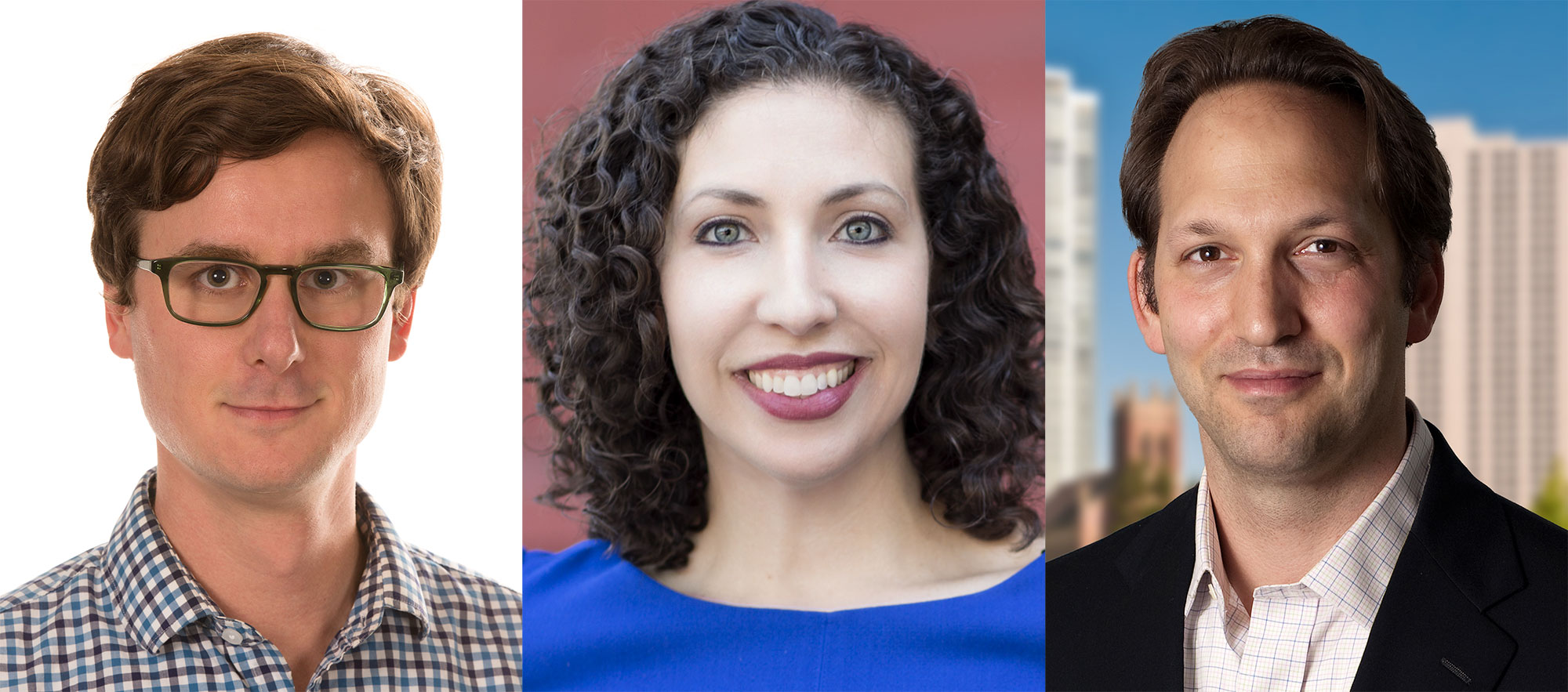VSA Celebrates 150 Years
VSA Celebrates 150 Years
The fledgling Student Association’s constitution was approved on February 22, 1868, and since that day, Vassar’s student government (it’s had several names over the years) has played a vital role in the college’s growth and development. But until this year, no one had ever thought of commemorating its achievements. That changed when Vassar Student Association (VSA) President Anish Kanoria ’18 realized that 2018 marked the 150th anniversary of the organization.

“I thought there might be a general desire to commemorate the
Since Kanoria was the first international student to be elected president, he and others in the organization thought it would be appropriate for the VSA to host a panel of students and faculty, moderated by President Elizabeth Bradley, which explored what it means for Vassar to become a “global campus.”
The event, held on March 28, included remarks by student speakers Ruoyu Li ’19, a political science major from Beijing, China, and Maya Sudarkasa ’18, a history and French/Francophone studies double major from Silver Spring, MD, and Johannesburg, South Africa. Faculty speakers were Himadeep Muppidi, Professor and Chair of Political Science on the Betty Goff Cook Cartwright Chair; Jodi Schwarz, Associate Professor of Biology; Lisa Paravisini-Gebert, Professor of Hispanic Studies on the Randolph Distinguished Professor Chair; and Maria Höhn, Professor and Chair of History on the Marion Musser Lloyd ’32 Chair.
After the presentations, audience members worked in small groups to brainstorm about what it would take to ensure the campus is one that encourages teaching, learning, and living across national borders.

However, Kanoria thought there ought to be a less ephemeral way to celebrate the milestone. And that’s how he hatched the idea for “The VSA Sesquicentennial Book” (one of several working titles); it will be a compilation of information and observations from former VSA presidents.
“My idea for the book came, in part, out of a desire to build institutional memory, to learn from this interesting community of Vassar students,” Kanoria says.
With help from the Office of Alumnae/
Former VSA presidents were sent a questionnaire about their experiences, and those who have responded have said their time in the VSA has helped them hone skills that have served them well in their post-Vassar lives.

Jason Baumgarten ’98 earned a master’s degree in business administration at Stanford University and is currently a partner at Spencer Stuart, an executive search and leadership consulting firm in Seattle.
“My time in the VSA taught me how to get groups of people with differing opinions to work together,” Baumgarten says. “I spent a lot of time talking to students, faculty, and administrators, and that made me a much more comfortable communicator in my post-Vassar life. And I gained an appreciation for the importance of creative and analytical thinking.”
Joe Wildfire ’05, a marketing specialist for Roche, a global biotech firm based in Switzerland, agrees. “We had to learn on the fly the important lessons of time management and prioritization, and those are skills I use every day,” Wildfire says. “The VSA gave me the chance to truly make an impact. The college gave us a lot of autonomy to oversee a fairly large budget,” he adds.
Jennifer Meder ’97, who runs management consulting firm
She says she didn’t realize how much she had benefited from her stint as president until after she had graduated. “I was the only female on the executive team, and looking back, I see how our whole team was respectful and collaborative,” Meder says. “I went into the business world with a confidence I may not have had without it.”
Hoyle says that as she reads the observations from those who came before her at the VSA, she has become even more enthusiastic about preserving their stories. “[The VSA] is one of the most tangible ways to serve the college and the student body,” she notes. “It’s about taking responsibility and being held accountable not just by the administration and the Board of Trustees but by the students you’re representing.”
As for the current president, Kanoria says, “I’m certain my own VSA experience will pay dividends I don’t even know about yet.”